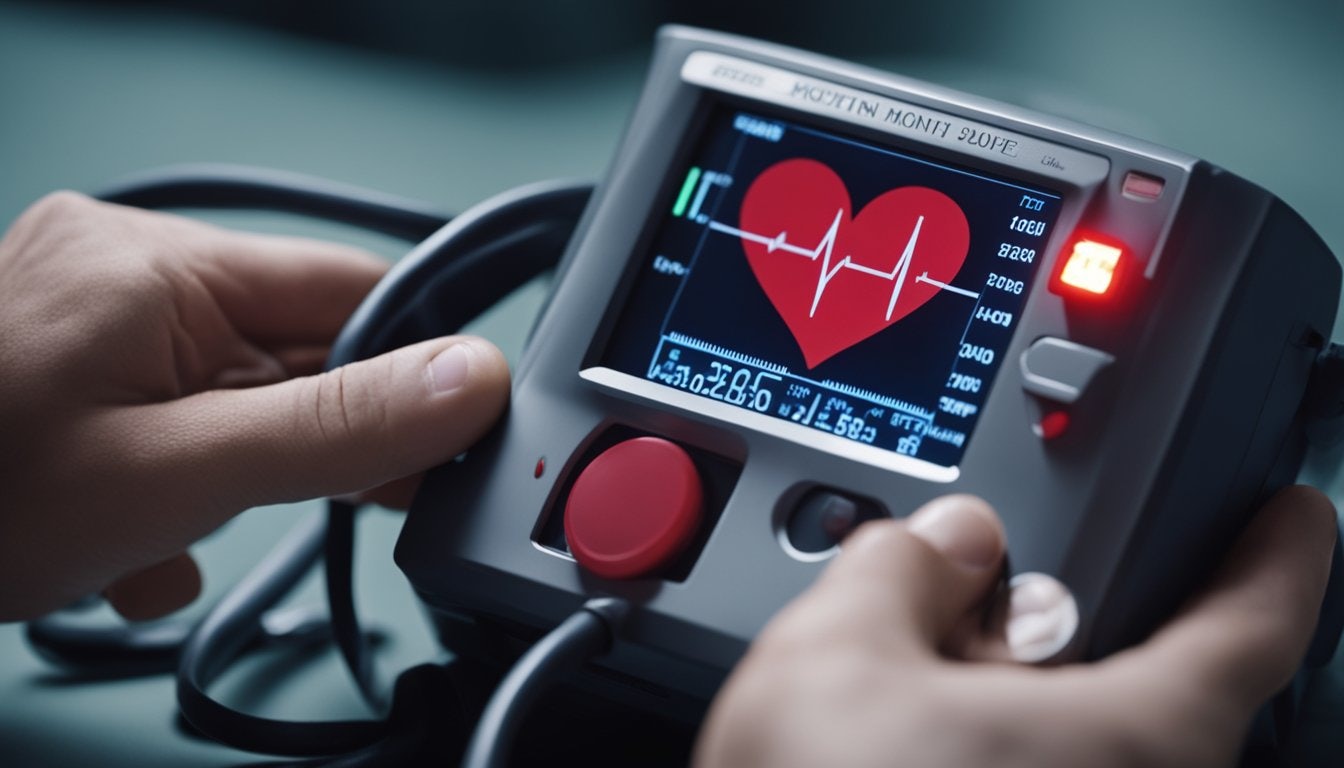
Early Warning Signs of Heart Attack and Heart Failure: Key Symptoms Alert!
Knowing the early warning signs of heart attack and heart failure could be your key to getting timely medical treatment. Heart attacks and heart failure are among the leading causes of death globally, but early detection and swift action can dramatically improve survival rates. Imagine being able to recognize trouble before it peaks, keeping you a step ahead and possibly saving your life or that of someone you care about!
Your heart is your body's engine, and like any engine, it gives off signals when things aren't working properly. Chest discomfort, shortness of breath, and unusual fatigue might be easy to dismiss as mere hassles of a busy life. However, these can be the crucial flares your body sends to alert you that your heart needs attention. Understanding these signals empowers you to respond quickly and seek the care you need.
Being informed about what your body is telling you is essential. When it comes to heart health, even subtle changes can signify something significant. If you notice consistent chest pressure, sweating or a cold clammy feeling, or experience pain that radiates to your arm or jaw, it's time to take notice. These symptoms don't necessarily mean a heart event is certain, but they warrant your attention and possibly a conversation with your healthcare provider. Stay alert, stay informed, and remember, your health is in your hands!
Recognizing Heart Attack Symptoms
Understanding the early warning signs of a heart attack can be lifesaving. You're about to learn to spot crucial symptoms early on.
Chest Discomfort and Pain
- Intensity Varies: You might feel a deep pressure or squeezing, often described as an elephant sitting on the chest.
- Location: The discomfort typically centers in the middle of the chest, possibly radiating to your arm, shoulder, neck, or jaw.
Shortness of Breath
- Unexpected Difficulty: Even if you’re not exerting yourself, you might struggle to catch your breath.
- Accompanied Symptoms: This could occur alongside chest pain or even before it starts.
Other Bodily Signs
- Cold Sweat: Sudden onset of a cold sweat without physical cause is a red flag.
- Nausea, Lightheadedness: A feeling of uneasiness or dizziness, sometimes accompanied by vomiting.
- Fatigue: Unexplained, extreme tiredness that doesn’t match your activity level.
Identifying Signs of Heart Failure
Recognizing the signs of heart failure is crucial for early intervention and management. Pay attention to your body and be mindful of the following symptoms.
Swelling in Extremities
If you notice swelling in your legs, ankles, or feet, this may indicate that your heart isn't pumping effectively. Called edema, this swelling happens because your heart's reduced capacity leads to a buildup of fluid in the tissues.
Persistent Cough or Wheezing
A continuous cough or wheezing that produces white or pink blood-tinged mucus can signal heart failure. This occurs as fluid accumulates in the lungs, a condition known as cardiac asthma.
Fatigue and Weakness
Experiencing fatigue and weakness during everyday activities may be a sign of heart failure. This happens because your muscles aren't receiving enough oxygen-rich blood due to your heart’s compromised ability.
Risk Factors and Prevention
Knowing your risk factors and how to prevent heart conditions are crucial steps in protecting your heart health.
Managing Blood Pressure
High blood pressure is a significant risk factor for heart attacks and heart failure.
- Monitor: Keep track of your blood pressure with regular check-ups.
- Control: Use medication if prescribed and follow your healthcare provider's advice to maintain optimal levels.
Lifestyle Modifications
Your daily habits play a vital role in heart health.
- Diet: Eat a balanced diet rich in fruits, vegetables, and whole grains.
- Exercise: Aim for at least 150 minutes of moderate-intensity exercise per week.
- Avoidance: Steer clear of smoking and excessive alcohol consumption.
Regular Health Screening
Early detection of heart issues can be life-saving.
- Importance: Schedule regular health screenings with your healthcare provider.
- Action: Get cholesterol levels, diabetes screening, and body mass index (BMI) checks done as recommended.
